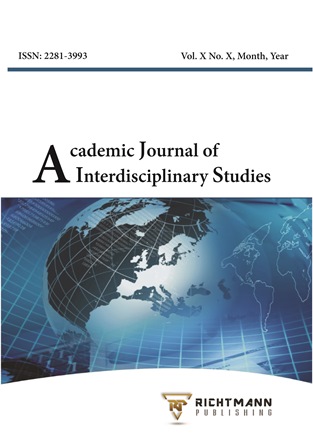Interrelation between Character Accentuations and Defense Mechanisms in University Students
DOI:
https://doi.org/10.36941/ajis-2024-0006Keywords:
personality accentuation, psychological protection, self-realization, psychotype, university studentsAbstract
This article aims to study possible relationships between character accentuations and psychological defense mechanisms in university students. The Leonhard–Shmishek test questionnaire “Personality Accentuations” and the Plutchik–Kellerman–Conte questionnaire “Life Style Index” were used. The results were analyzed using correlation, for which the Spearman r-coefficient was used. The significance of differences between the groups was calculated using the Kruskal–Wallis H-test, and a comparative analysis of the indicator percentages was also conducted. It was found that hyperthymic, emotive, and exalted accentuations prevailed among the students surveyed. Furthermore, it was concluded that students with hyperthymic accentuation tend to use the denial defense mechanism; rationalization is inherent in students with emotive accentuation, and substitution is inherent in students with exalted accentuation. The data obtained allow for the following conclusion: the characteristic features of accentuations can influence the choice and use of certain defense mechanisms. The research results expand the possibilities in psychological and pedagogical work at the university to help students who have difficulty adapting, in academic performance, and in self-determination.
Received: 21 August 2023 / Accepted: 24 November 2023 / Published: 5 January 2024
Downloads
Downloads
Published
Issue
Section
License

This work is licensed under a Creative Commons Attribution-NonCommercial 4.0 International License.
This work is licensed under a Creative Commons Attribution-NonCommercial 4.0 International License.








